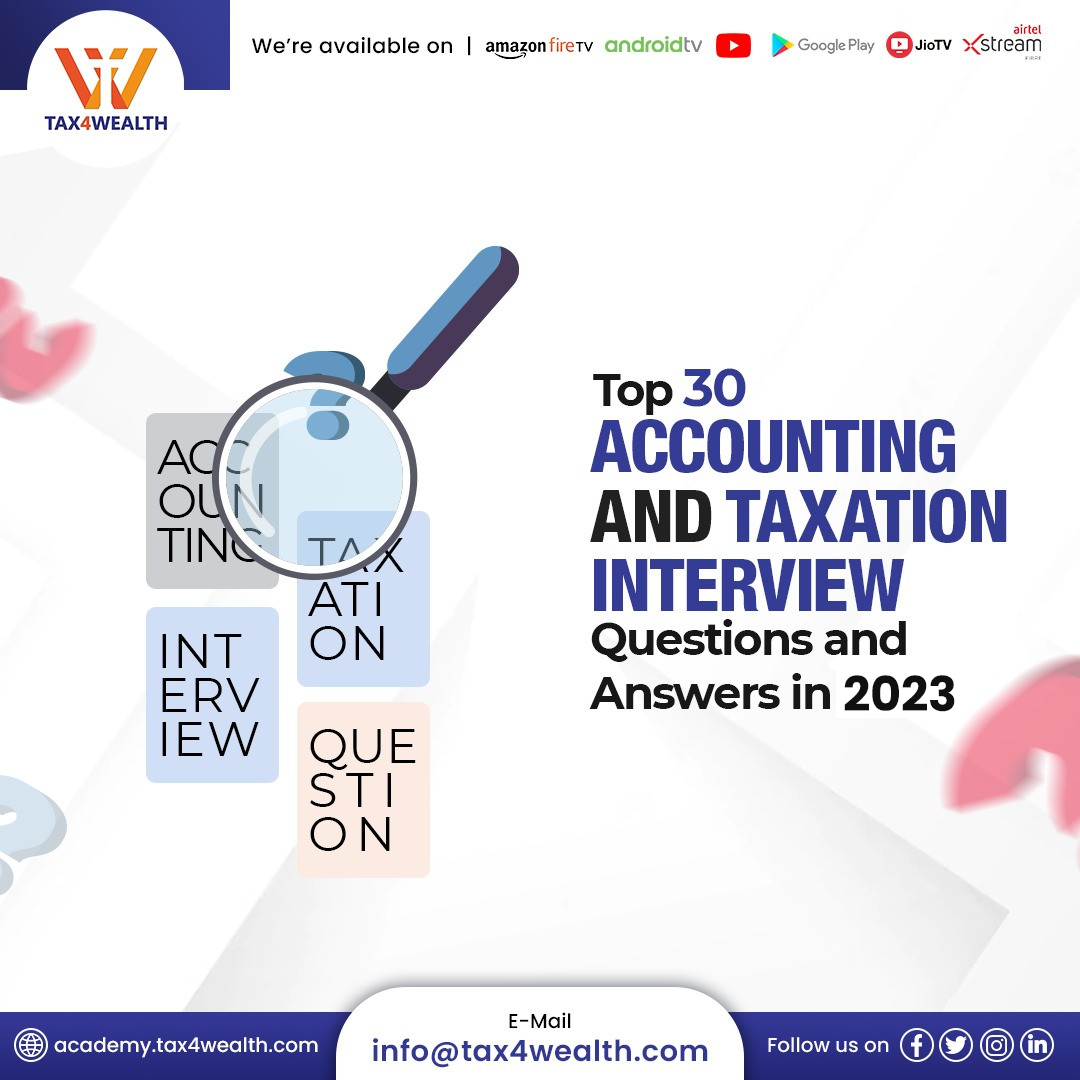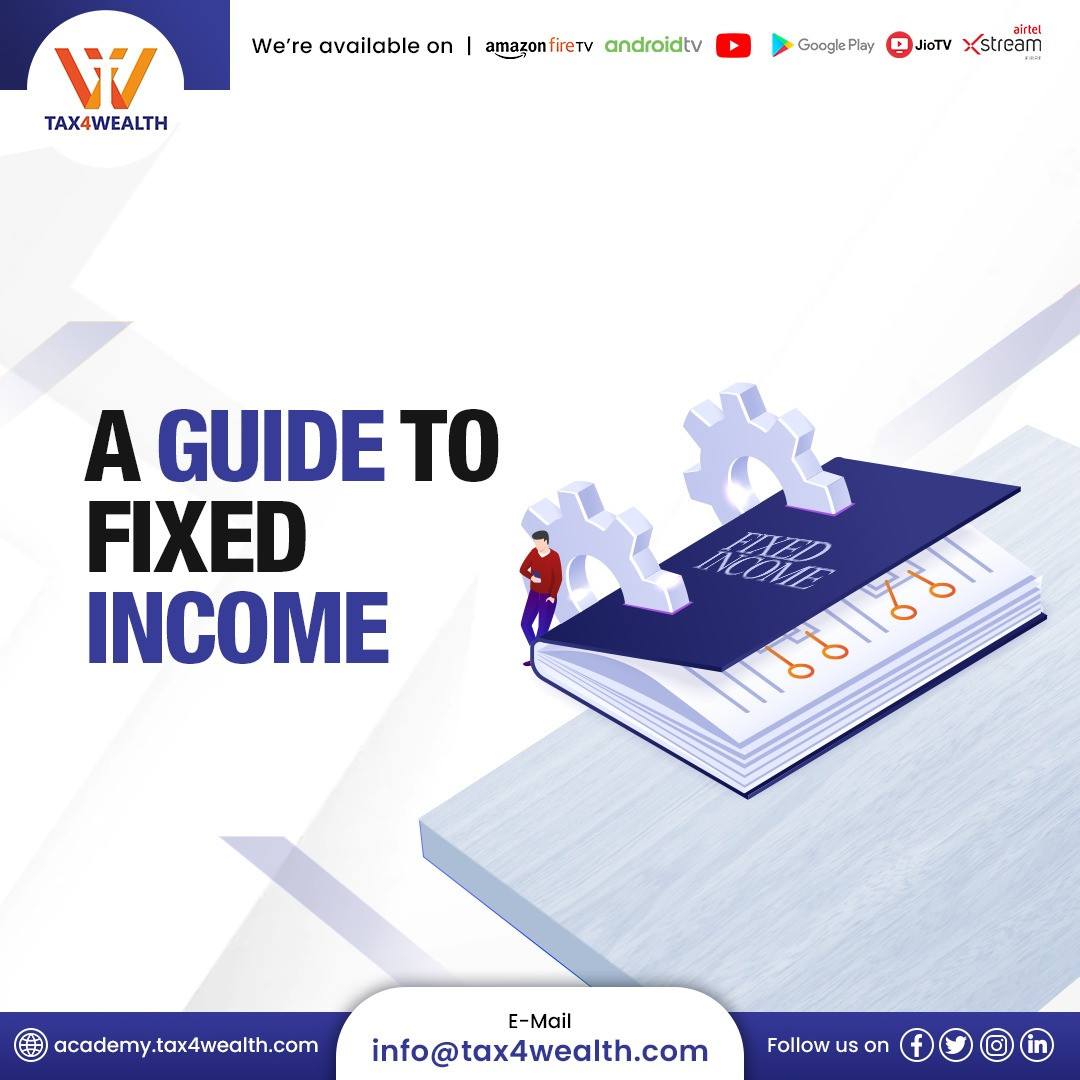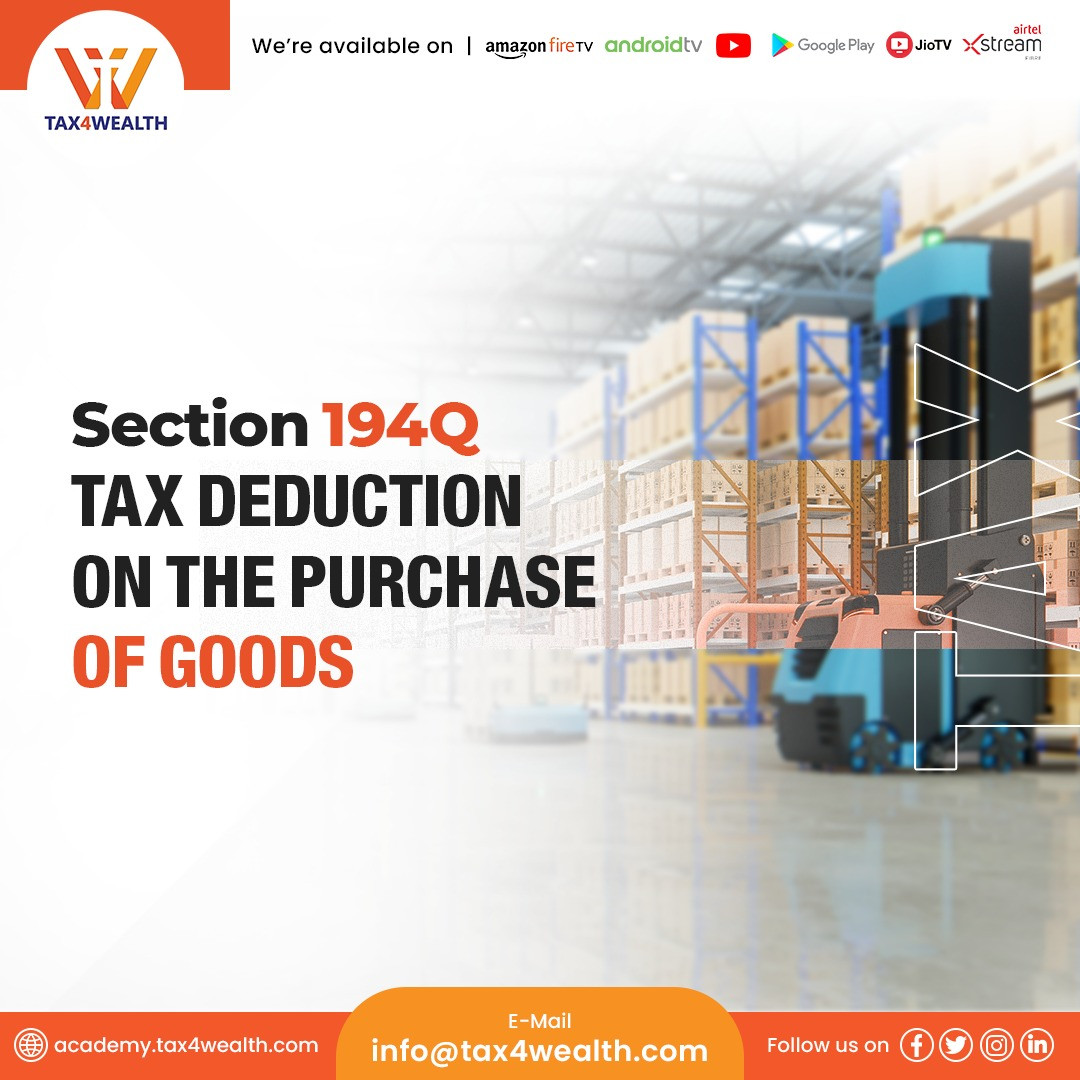
Top 30 Accounting and Taxation Interview Questions and Answers for 2024
Accounting and Taxation are topics that will always be relevant. An aptitude for math and finance is necessary for accounting. Several abilities are needed to succeed in accounting and taxation interviews. These 30 accounting and tax topics must be covered if you want to succeed in your accounting and tax interview.
Here are the top 30 accounting and taxation interview questions and responses for 2024:
1. Introduce yourself ?
Ans: Even though the question sounds straightforward, the most important thing is how you answer it. First impressions are permanent. The proper introduction would aid in your job application and assist you to land the position. When you introduce yourself, delve into how passionate you are about accounting and taxation. Describe any instances in your life that involved computations. How taxation and accounting came to be your exclusive interests and passions. Making an impression on the employer during your introduction is worth a shot.
2. Please describe the various types of accounting ?
Ans: There are different types of accounting.
a.) Financial accounting: It keeps track of data about a company's financial situation.
b.) Administrative Accounting: It is concentrated on the administrative functions of the business. Planning and executing actions for the resources spent can benefit greatly from this form of accounting. It is employed to evaluate the accomplishment of goals and enhance the strategy that a company has put in place.
c.) Cost Accounting: This accounting category focuses especially on businesses with an industrial focus. The examination of production unit costs is handled by this accounting. examining how a company handles sales and its overall production process.
d.) Tax accounting: This accounting is concerned with recording and creating documents related to tax returns and payments.
e.) Management Accounting: This is a more comprehensive form of cost accounting because it keeps track of all a company's financial and economic data. It decides on both long- and short-term financial matters.
3. Which Accounting and Taxation Platforms Have You Worked With? Who Provided the Best Experience, and which?
Ans: The best e-learning platform for accounting and taxation is Academy Tax4wealth. We aim to skill the youth and provide them with 100% job placement assistance as well as training with business stalwarts.
4. How Can Accounting Accuracy Be Maintained?
Ans: Account An organization's maintenance of accuracy is a crucial task. This concept's inaccuracy could result in significant losses for the company. Errors can be reduced using a variety of methods and resources. Microsoft Excel is one such instrument. It is a tool that is quite compatible.
5. Describe Working Capital?
Ans: Working capital, which is used in daily trading, is the difference between current liabilities and current assets.
The idea of working capital focuses on the capital resources that a firm relies on upon the short term to operate if the accounting scheme is clear.
These resources include the company's cash, its assortment of financial goods, and its other holdings in assets.
6. How to Improve a Company’s Working Capital Flow?
Ans: The stock on hand would be my recommendation for enhancing the company's working capital flow. The part of working capital that we have control over is the stock.
Since they are independent legal companies, we can put pressure on our debaters to make payments as soon as possible but we cannot control them. Additionally, they are the ones giving us business.
We can postpone paying our suppliers, but doing so will inevitably harm our commercial ties and the reputation of the sector. The provider may hold up as a result of a payment delay.
Although they are beneficial, bank accounts cost money.
In the end, sticking to stocks is best. To have greater working capital, overstocking should be avoided, and the stock turnover rate should be high.
Nevertheless, this response is ambiguous because businesses like telephones and e-commerce operate with negative working capital. Therefore, before responding, be certain about the business you specify.
Also read; Top 20 Accounting Interview Questions and Answers
7. Explain how "Accounts Payable" and "Accounts Receivable" differ?
Ans: An essential component of accounting and taxation is accounts payable. The amount a corporation owns is called an account payable. Products and services were obtained from a source.
The amount that the business is entitled to receive as payment for the goods or services it provided to consumers on credit is known as account receivable.
In essence, liabilities are accounts payable and assets are receivable.
8. What are the most frequent accounting errors?
Ans: This accounting and taxation interview question is very significant.
The following are the most typical accounting errors: -
- Absence of backup
- Less communication between the accountant and the company
- Combining your account with the companies
- Resource allocation errors frequently occur
- Manual accounting affects the efficiency
- Receipts are lost
- Accounting records are not updated
- Mistakes in accounting
9. Do you have any experience with accounting standards? How many questions are there in India's accounting standards?
Ans: In interviews for positions in accounting and taxation, this question is regularly asked.
It is crucial to understand international accounting standards. Even if you've never held an accounting position, try learning more about it.
It is impractical to study everything about such a broad subject. However, if you are aware of the most recent updates, that would be fine.
To prepare you for interviews, online accounting and taxation would cover this subject.
10. What Distinguishes a Trial Balance from a Balance Sheet?
Ans: Both balance sheets, though they refer to distinct items, are our balance sheets. The enumeration of all account balances is known as a trial balance sheet. It is used to validate the accuracy of the math employed in recording and uploading.
A balance sheet is a declaration that lists a company's assets, liabilities, and equity. It is employed to evaluate its financial situation.
11. How Vital Is Accounting Documentation?
Ans: Accounting acts as an organization's watchdog, so it needs to be well organized.
The accounting team must give the company's stakeholders an accurate and fair picture.
As a result, accounting places a lot of emphasis on paperwork. To maintain an appropriate audit trail, sufficient documentation must be validated. When needed, it can also be justified.
In a way, accounting and taxation are nice jobs. You must maintain order and cleanliness in your work.
12. What are the main obstacles that could prevent accurate and timely financial statements?
Ans: The following are the main obstacles to financial statements in accounting and taxation:
• There is no balance between costs and benefits
• Delayed information is irrelevant.
• There is an imbalance in the qualitative traits
• The presentation of a fair and truthful standpoint lacks all clarity.
13. Mention the Golden Rules of Accounting Statements:
Ans: Taxation and Accounting both have their own set of guiding principles. They operate on a debit and credit system.
The following three principles govern accounting and taxation: -
- Charge the giver a credit and debit the recipient.
- Debit what is received and credit what is expended
- Credit all gains and income; debit all costs and losses.
14. Describe your statement, "Debit the Receiver and Credit the Giver," in more detail:
Ans: In an interview for a position in accounting or taxation, this is yet another commonly asked topic.
In the event of personal accounts, this regulation is applied. Anytime someone donates money to a company, whether in cash or by utilizing a check, it counts as an inflow and is recorded as a credit in the books of accounts. This person gets given credit.
When an organization gets money in the form of cash or a check, it must credit the person who is paying the debt.
15. Give us three examples of how Excel will simplify your life:
Ans: Microsoft Excel is a very powerful program. It is one of the fundamental tools used in tax and accounting.
The software allows for the extraction of numerous reports.
Although the Software does not support reporting in a certain format. Excel is used in that situation.
Data can be organized and sorted with Excel, unnecessary files may be quickly deleted, and data can be displayed in a variety of ways.
Additionally, it is necessary for multiple connection data sets. As a result, many reports can be pulled from the software, sorted using the search feature, and then combined into a single report.
The use of Excel becomes crucial while conducting multiple reconciliations.
Want to make your career in accounting Click here 👉 How to Have a Successful Career in Accounting
16. How is the value of Deterred Tax Created?
Ans: When the tax liability is settled or carried forward, a deferred tax asset exists in accounting and taxation. There is no longer any way to record this carried-forward sum in the income statement. The difference between taxable income and book income is used to calculate this number.
17. What is your GST knowledge?
Ans: The largest indirect tax reform in India was the Goods and Services Tax, or GST. Other than the income tax, it is an indirect tax.
On the products or services, he offers, the seller levies GST on the customer. The vendor then deposits this sum with the government. On the large range of goods and services offered, the government has set different GST rates.
18. What Do Fictitious Assets Mean?
Ans: Fictitious refers to something false or made up.
An intangible asset with benefits that accrue over a longer time frame is referred to as a fictitious asset.
Goodwill, delayed income, rights, upfront costs, additional costs, accumulated loss, and many more items are examples of fictional assets.
19. What are the Perpetual Inventory System and Departmental Accounting System, respectively?
Ans: Accounting and taxation include the departmental accounting system. This kind of accounting data keeps track of all a department's financial transactions and data. This approach can be used to evaluate the profitability and productivity of each department.
A perpetual inventory system uses computerized point-of-sale systems and specialized asset management software to record inventory purchases and sales immediately after they have been made.
20. What are the Accounts Receivable and how do they relate to balancing?
Ans: Bills frequently appear in taxation and accounting.
Bill receivables are the earnings or money received. It is given to a business or retailer by its clients.
Equilibrating an account's credit and debit sides are known as balancing.
21. What is TDS, exactly? How Should TDS Be Displayed on a Balance Sheet?
Ans: TDS, or tax deducted at source, is the acronym. It is a theory that seeks to tax all sources of income equally.
On a balance sheet, TDS is displayed under assets. It follows the head current asset immediately.
22. Can a business with positive cash flows nevertheless be in trouble?
Ans: A company's success would not be guaranteed by positive cash flows.
If a company's working capital improvement is not sustainable and there is a lack of future income in the pipeline.
Positive cash flows thus don't necessarily indicate that a business is doing well.
23. Recognize the difference between dormant and inactive accounts.
Ans: Inactive accounts are terminated, shuttered, and stopped from being utilized moving forward.
On the other side, dormant accounts are not being used right now but might be in the future.
24. How many ledgers is a company required to have if it has three bank accounts for processing payments?
Ans: The organization would need three ledgers in such a case. For each account, one. By doing this, correct accounting and reconciliation procedures will be started.
25. How Can I Learn More About Bad Debts?
Ans: The following methods can be used to estimate bad debts: -
- Outstanding accounts percentages
- Aging analysis
- Credit sales %
26. What does the accounting acid-test ratio equation (Q.26) entail?
Ans: The Accounting Acid-Test Ratio equation is: -
Acid-Test Ratio: Current Liabilities / (Current Assets – Inventory)
27. Name a few widely used accounting software programs. Which do you prefer, and why?
Ans. Software, CGram, Microsoft Accounting Professional, FinancialForce, Microsoft Dynamics AX, and Microsoft Small Business Financials are accounting programs that I am familiar with.
Microsoft Accounting Professional is my preferred program. It saves time and improves proficiency because of its dependable and quick processing.
28. Describe the Bank Reconciliation Statement:
Ans: The Bank Reconciliation Statement, often known as the BRS, is a document that enables us to contrast the records of our bank accounts and the banks. When the passbook balance and cash book balance diverge, BRS is implemented.
29. Describe the Fundamental Accounting Equation.
Ans: Assets, liabilities, and capital are the three main topics in accounting.
The basic accounting equation is as follows: Liabilities plus owner equity equals assets.
30. Describe CMM?
Ans: CMM, or capability maturity model, is another name for it. It is a document that offers a framework and the six components of infrastructure needed to measure the efficiency and capacity of a company's financial operations.
So, These are the top 30 Accounting and Taxation interview questions and responses for 2023
More Information on Accounting and Taxation:
The fields of accounting and taxation are very fascinating. Accounting and taxation are the appropriate fields for you to pursue if you have an interest in finance.
Math skills must be high for accounting. There are numerous opportunities for specialization in accounting. While participating in taxation, you should be constantly prepared to adapt to the shifting beliefs and schemes. Taxation involves good research skills.
Classes in accounting and taxation could assist clarify this complex subject. These courses are taught by knowledgeable instructors who have extensive experience working in the field. Your talents will advance if you receive instruction from professionals.
Accounting and taxation courses would cover a wide range of topics, including the fundamentals of accounting and taxation, various forms of accounting and taxation, GST, terms connected to accounting and taxation, and tax calculation.
Is it Worth It to Take an Online Accounting and Taxation Course?
It is, indeed. The new norm in education is online learning. Online tax and accounting courses are on par with traditional ones in quality. With their terms and conditions, they are secure. In today's environment, online courses are useful connections. They facilitate your interaction with professionals and peers from all over the world. These programs offer broader knowledge.
They possess a wide range of information. The most recent technology is used in accounting and taxation online courses. The utilization of the programs increases learning interactivity. The goal of online courses is to give you practical training.
Your skills would undoubtedly improve and you would be more prepared for the interview if you took accounting and taxes classes. Even on "the big day," they offer counsel and tips.
Online accounting courses are available at any time and from any location. All you need is a mobile device or laptop and a network connection.
Online classes give students 24/7 access to the instructor to clear up any questions. If you want to ace your interview, enroll in online tax and accounting courses.
Conclusion:
The field of accounting and taxation is wider. Do consider taking some accounting and taxation classes to help you prepare for the interview.
Attending an interview does not give you permission to pack answers into your head and deliver them to the company.
It takes confidence to succeed in interviews. Your posture and how you dress matter for the work. The basic objective is to impress the employer.
Clear answers are necessary during interviews. Avoid avoiding the subject. Answer each question courteously and succinctly. Don't drag out the process. Vague responses may disappoint the employer.
Do your research and development in addition to learning the questions and answers. The potential employer is curious about your knowledge base. Your prospects of winning are lost if your confidence wanes.
Certain personal information is required for interviews. Prepare the ideal resume. Your classes can assist you in creating one. Carrying your success certificates in this sector might also be a wise decision.
The structure for each of the aforementioned questions is set down for 2023. It is advised to read more articles on the challenging questions.
No comments yet, Be the first to comment.













